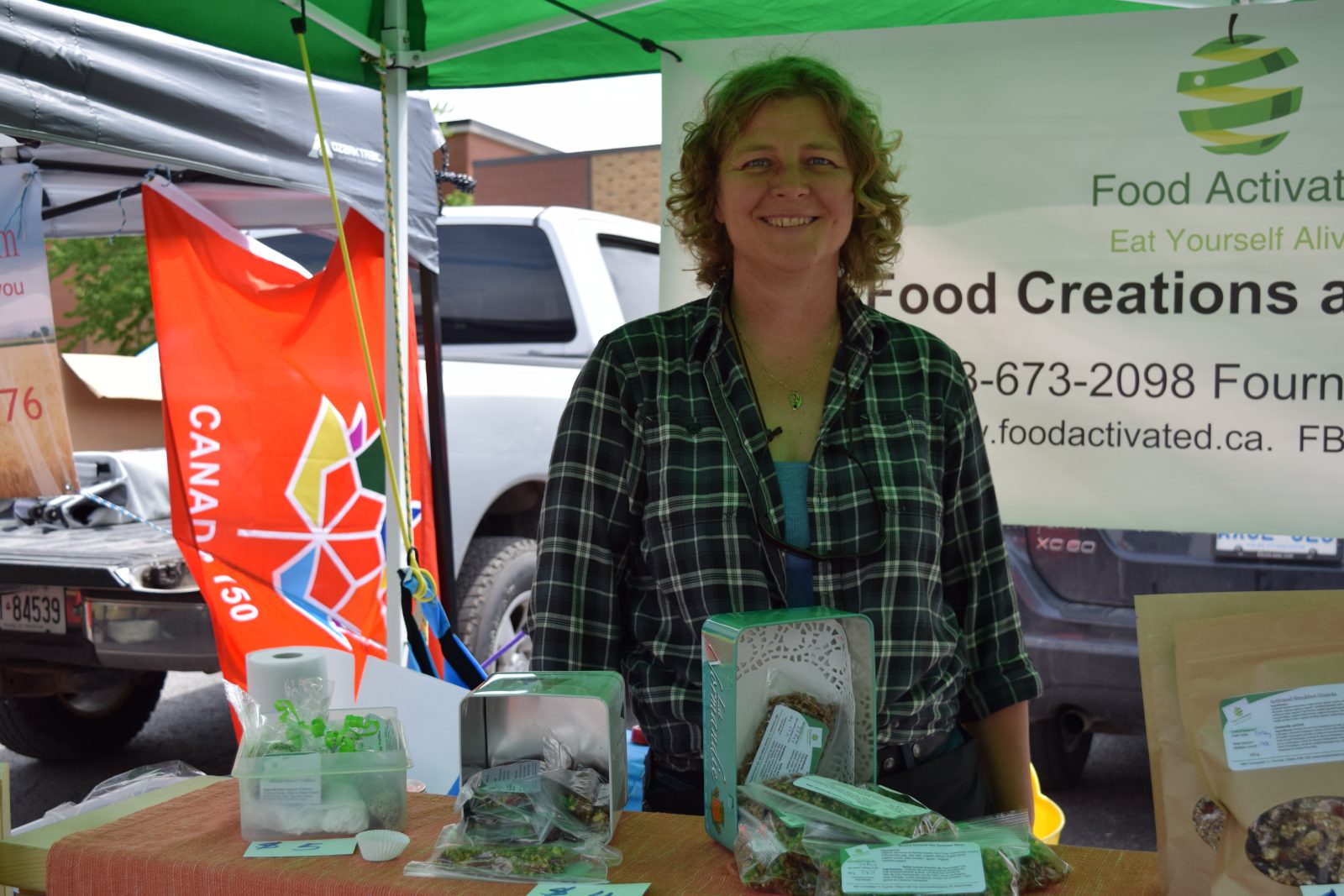CORNWALL, Ontario – Rules and regulations regarding cannabis and crossing the Canada/U.S. border may be worth noting, especially considering Cornwall’s close proximity to N.Y. State.
Although it is now legal to possess 30 grams of cannabis while travelling from province to province in Canada, it remains illegal to leave or enter Canada or the U.S. with cannabis, whether it is possessed for recreational or medicinal purposes.
Individuals who work with, invest in and consume cannabis may be affected by the current rules.
“The unauthorized movement of cannabis across Canada’s international borders remains a serious criminal offence, subject to enforcement up to and including criminal investigation and prosecution,” explained Mireille Nassrallah, Communications Advisor with Canada Border Services Agency (CBSA).
“Holding a medical prescription for cannabis does not authorize its importation into Canada,” she added.
Julie Gagnon, General Manager of Jolly Tours, said that this has been a point of confusion for many travellers. After attending a conference held by the Ontario Motor Coach Association (OMCA), Gagnon learned that residents of B.C. have tried to cross the Canada/U.S. border with cannabis to W.A. State, and vice versa. Although cannabis is legal in the province and state, it remains illegal to cross the Canada/U.S. border with cannabis.
“There’s not a very clear path on some of these issues,” said Gagnon.
The CBSA requires that all travelers declare that they are in possession of cannabis at the first opportunity possible to minimize the risk of CBSA officers taking enforcement actions. CBSA officers are trained on how consider all factors when making a decision revolving the declaration of cannabis.
“CBSA officers will use their discretion when processing travellers to determine if any regulatory or criminal enforcement would be appropriate,” said Nassrallah.
“CBSA asks all travellers if they are in possession of cannabis. The cannabis related question is similar to questions asked in relation to other controlled or prohibited goods, such as firearms, weapons and food or animal products. This question helps mitigate the risk of unintentional violations of CBSA enforced legislation,” added Nassrallah.
Travelling across the border with cannabis may be illegal, but the consumption of cannabis prior to crossing this border is not a concern, as long the individual is not intoxicated.
“As long as the traveller is not impaired when arriving at the border, the fact that a traveller may have previously consumed cannabis is not a direct concern for the CBSA,” said Nassrallah.
Gagnon believes that rules and regulations regarding travelling with cannabis still need to be worked through. Gagnon understands that legalization in Canada has affected every industry, but believes it has greatly affected the travel industry.
“We are doing our best to ensure that clients know they can’t have it (cannabis) with them…it is highlighted and discussed that there is no exception,” said Gagnon.
Gagnon said that travel companies may be met with complications if a commercial vehicle they are using contains cannabis residue and if a traveller is non-compliant with the outlined rules, possesses cannabis and is consequently detained.
“Our mantra has always been ‘we don’t leave anyone behind’…but if you have someone detained at the border, then that’s an issue,” said Gagnon.



